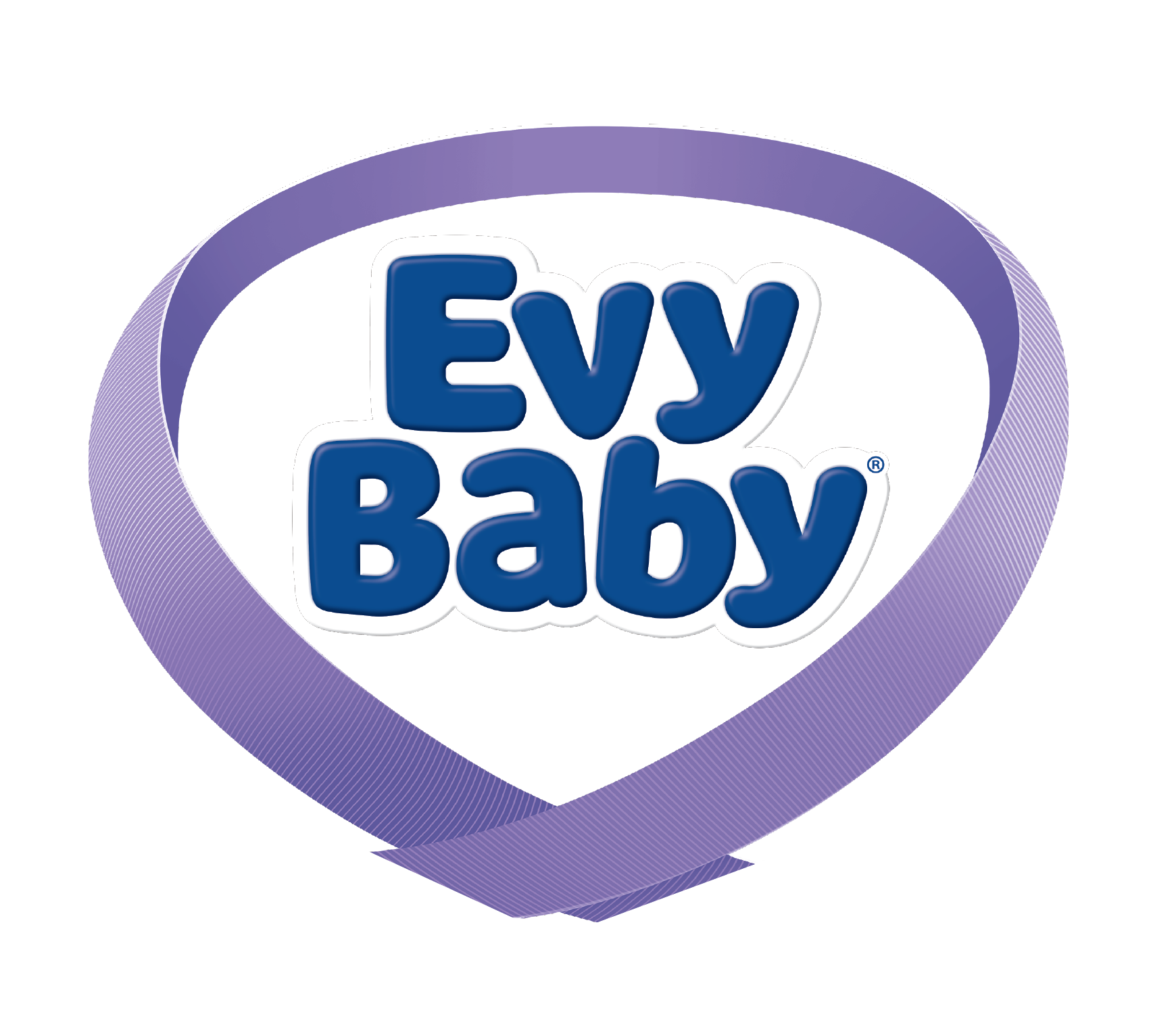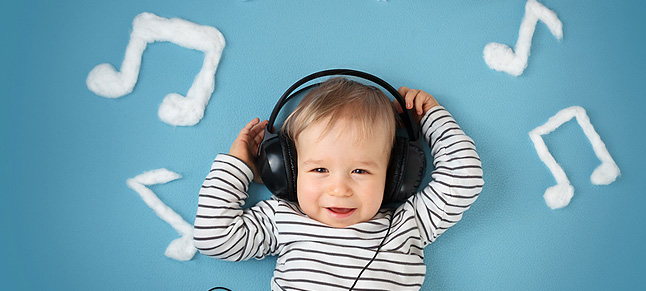

We have brought to you an interesting topic this week – music. If you love playing music, it is definite that you will have more fun listening and singing along with your baby. So, why not dig a little deeper to check out how music can have a profound impact on your infant’s brain development.
Infant’s hearing is well developed soon after birth, which means they can respond to music very early on. If you are wondering whether music would benefit your baby, think of how music affects you. It sooths you, calms you and often helps you fall asleep. Your baby is no different and that’s the reason why mothers and even fathers resorts to singing to calm their crying baby or help them fall asleep.
Music sometimes is part of therapy for premature babies because certain studies have shown that listening to music improved weight gain. Music can benefit everyone since it has the power to lift your spirit, inspire you to dance and soothe your frayed nerves.
Encouraging your baby’s natural fascination with music can strengthen your relationship with your baby and boost her language skills and also open the door to all sorts of exploration and fun. Imagine what a joy you will share with your baby when you sway to the beat of a lovely melody.
A child’s brain is pre-wired to learn music, just as it is prewired to learn language. Similar to how child goes through period of babbling before they learn to speak, they also babble musically. Singing to your child, or patting his back or rocking to music can help strengthen your child’s musical pathways in his brain.
There are plenty of ways you can sing and encourage your baby to join you in singing. For example you can hum a familiar song like “Twinkle, Twinkle Little Star” and intentionally leave off the last note in a line to encourage your baby to chime in. It is not just classical music or lullabies, but all sorts of music are baby friendly.
One of the easiest ways you can strengthen your relationship with your baby is when you play with your baby with music. Studies have proved that moving to music with someone triggers the release of oxytocin hormone (aka bonding hormone), which is also produced during nursing. In one study it was observed that babies, who move rhythmically to music, are easier to sooth, smile more and are more willing to explore their environment than babies who respond less to music. Few other studies have observed that babies, who engage in the act of music making, for example playing with simple instruments like drums or shakers and move to music, use more communicative gestures than those who passively listen to music. They are also more likely to acquire language skills early than their peers. Setting words to music helps brain learn more quickly.